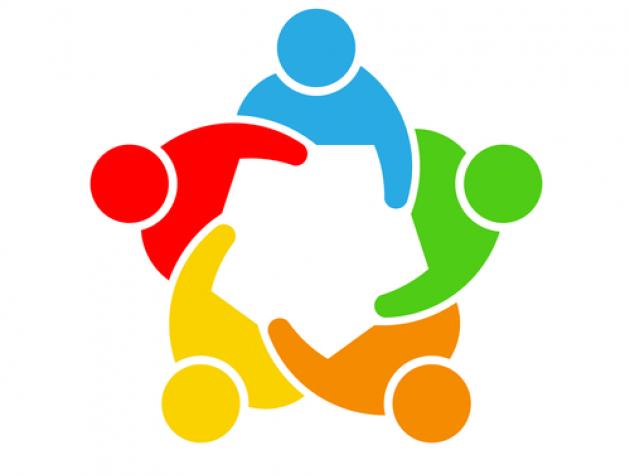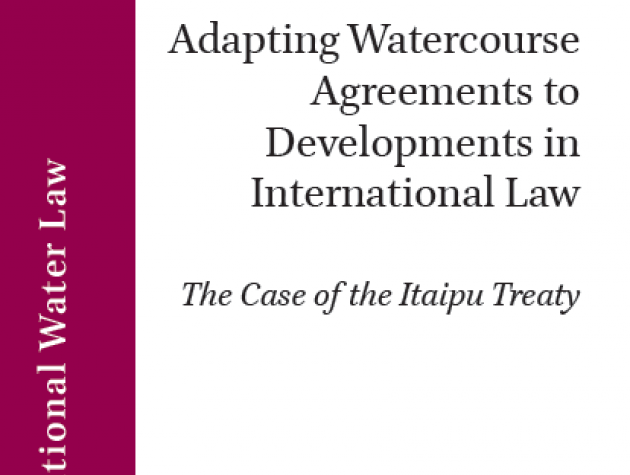GEG WP 2016/123 Crowdsourcing government accountability: Experimental evidence from Pakistan
Abstract
We develop and implement a novel, mobile phone-based information clearinghouse, and experimentally evaluate its ability to overcome information asymmetries and improve public service delivery to farmers in Punjab, Pakistan. Like many crowdsourcing websites, our clearinghouse collects and disseminates ratings — here, on the success of government veterinarians in inseminating livestock. We find that, compared to control, farmers receiving ratings enjoy 27 percent higher insemination success. This effect is entirely due to increased veterinarian effort, rather than farmers switching veterinarians. Treatment farmers are also 33 percent more likely to return to a government veterinarian rather than seeking a private provider. These results suggest large welfare benefits from a low-cost information intervention, which holds out hope for improved government accountability for the poor using basic mobile technology.







